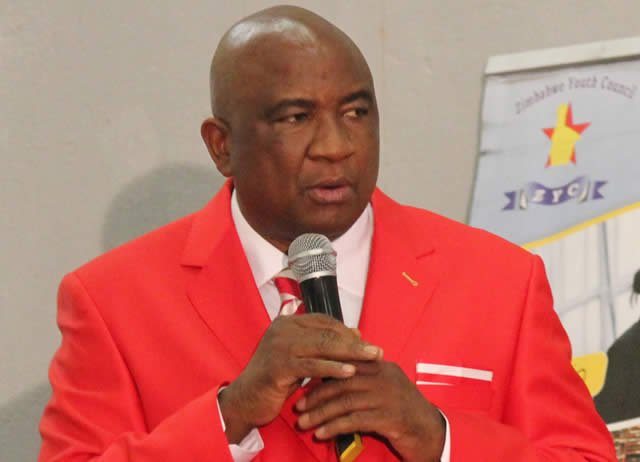CZI opts for the ‘bitter pill’

Business Reporter
THE government and the business community should urgently come up with a bold once off mechanism to reduce production costs as part of measures to stimulate economic growth and enhance domestic product competitiveness, Confederation of the Zimbabwe Industries (CZI) president Busisa Moyo has said.
Given suppressed economic growth due to high costs of production and difficulties in accessing long term borrowing for recapitalisation, CZI says the country has no option but to swallow a bitter pill of cutting down costs if it is to survive.
The proposal is in line with the internal devaluation option, which is premised on restoration of international competitiveness of a country through lowering production costs without reducing the value of the exchange rate.
“The environment and outlook is challenging. We need a deep entrepreneurial spirit and innovation to overcome what business is facing. We’ve to work with the government candidly, openly and with urgency, otherwise the roof will come down economically,” Moyo said.
“We must avoid distractions and have a clear understanding of what hurts business/enterprise and what heals business.”
Economists have warned the projected 2,7 percent growth rate for 2016 seems unlikely given the biting effect of drought, which has crippled the agriculture sector while declining international market commodity prices have worsened the plight for export drivers mainly in the extractive industries.
The weakening of the South African rand, Chinese yuan and other currencies in the regional trading zone in relation to the firming US dollar, has compounded the situation.
The CZI boss, who is also chief executive officer for United Refineries Limited, lamented lack of willingness to change saying economic turnaround would not happen on its own. He challenged both the government and industry to be pro-active.
He warned that unless urgent measures were taken by both parties, the country would continue to lose skilled labour to other countries, which has a crippling effect on economic performance.
“This can be stopped by reducing wages across the board instead of waiting for the economy to collapse.
Both the government and business are saddled with high labour costs, which they can’t afford. The will to do the right thing and take necessary pain is still lacking.
“The country must set a single and reasonable minimum wage and connect anything above this wage to productivity. It’s the pain the country must take now to avoid failure to honour debt obligations,” Moyo explained.
“Also other costs like levies, rentals, judicial management fees, power costs, must all come down through a once off mechanism that allows a review of previously signed agreements and contracts. This is why CZI is calling for internal devaluation. Right now we’re tinkering on the periphery of economic issues and behaving in ways that are disrupting an already ailing economy.”
He noted that while some companies had managed to survive the prevailing economic tide, several of them went into judicial management and embarked on downsizing exercises. Moyo attributed the trend to the hyperinflationary legacy prior to dollarisation in 2009, high costs of borrowing of up 42 percent soon after dollarisation, antiquated machinery and international competition.
He observed, for example that companies that used to export Van Heusen shirts from Bulawayo could no longer compete with China given current high costs of labour.
While the US$ environment has brought advantages such as longer planning horizon and stability in terms of financial planning, Moyo said the regime has also brought a challenge of a high cost base for businesses who are unwilling to revise costs downwards to achieve competitiveness.
CZI boasts of 300 direct company membership and 28 industrial associations, which include other companies within respective groupings.











Comments